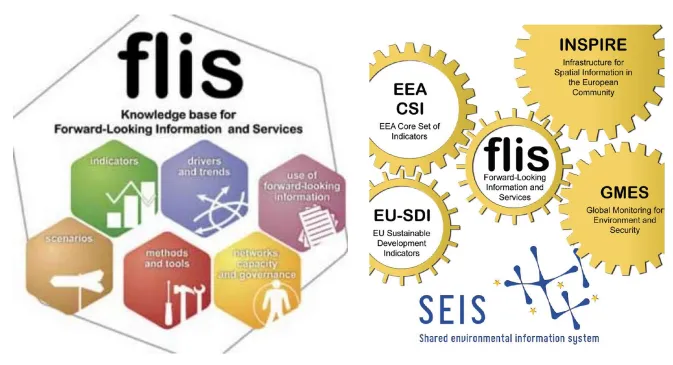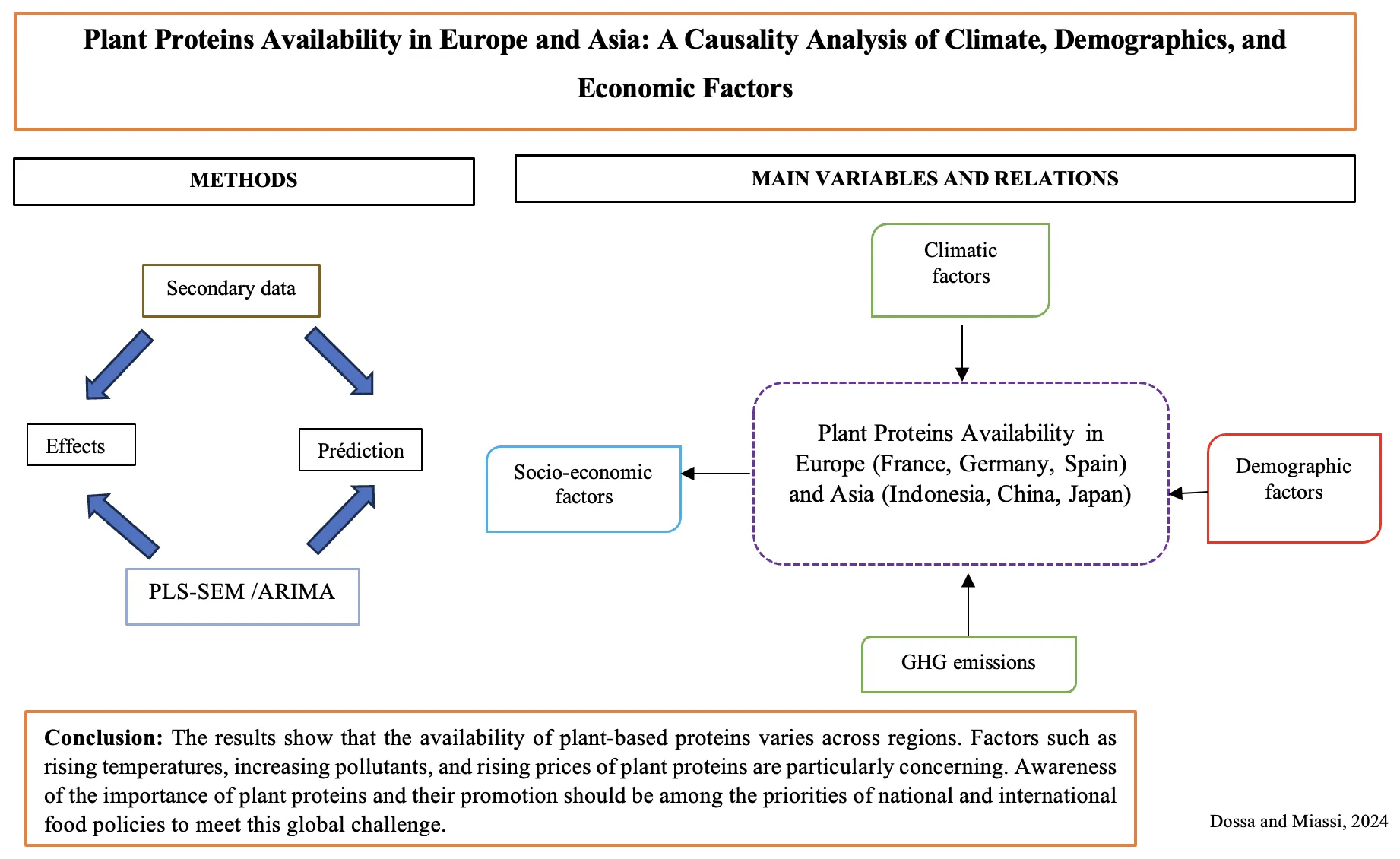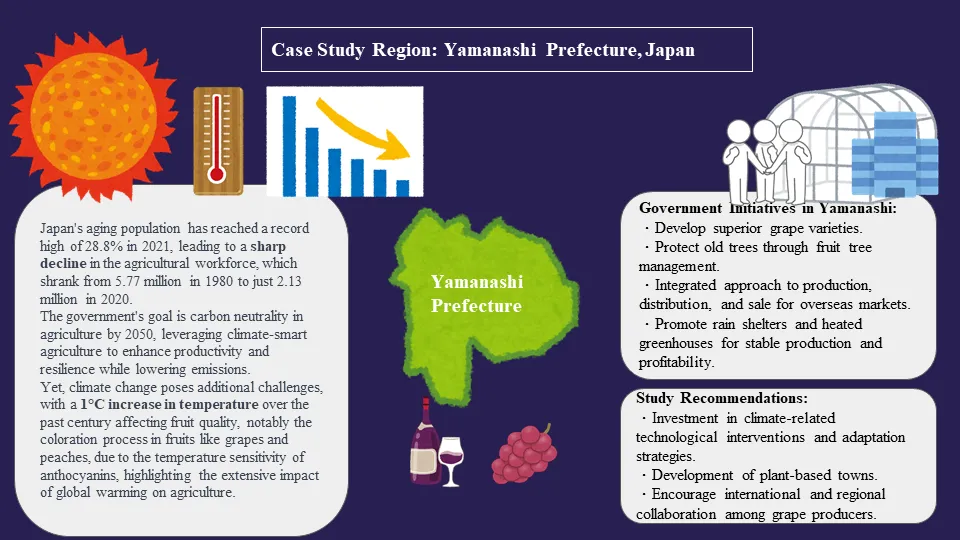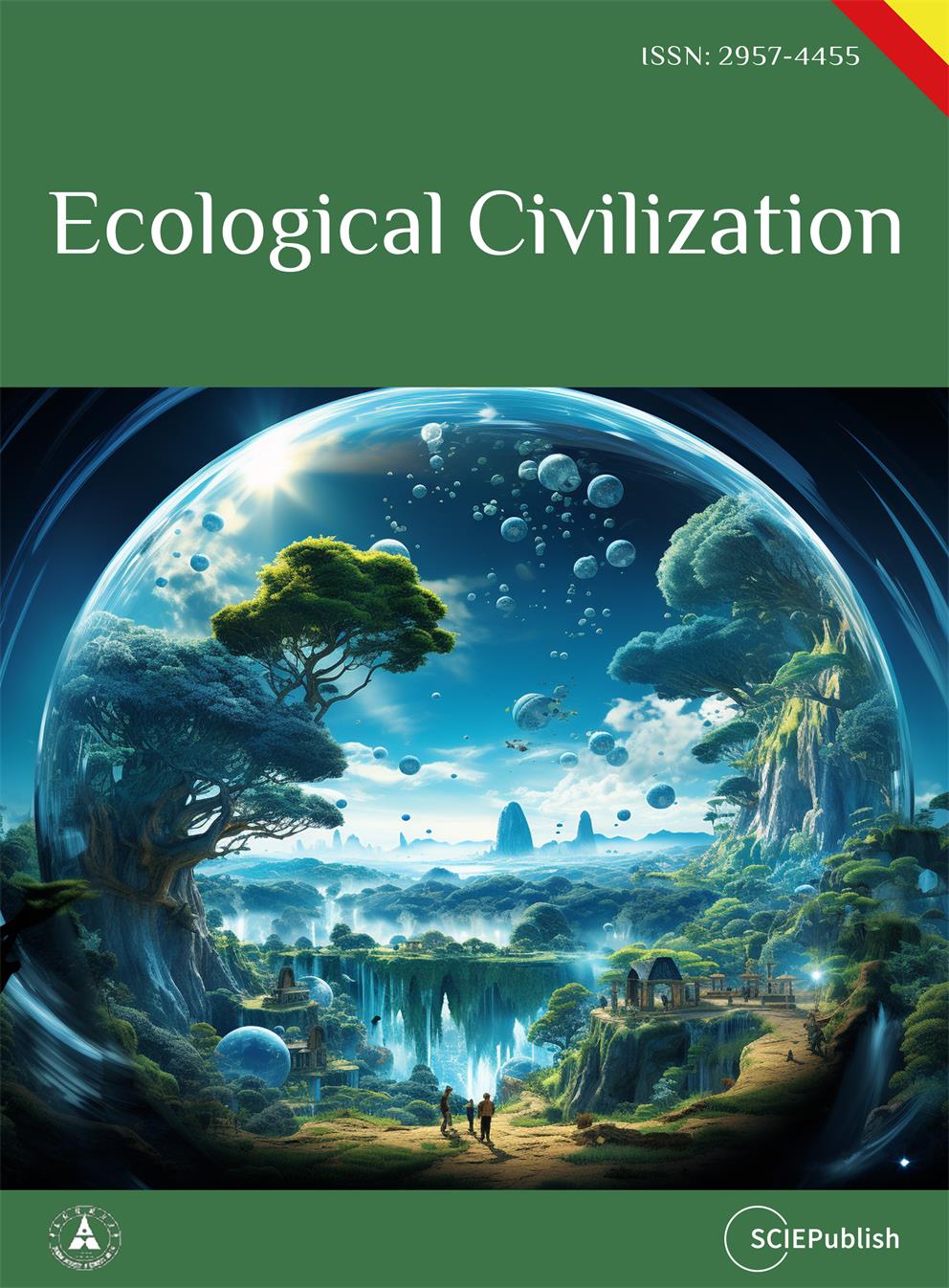Found 14 results
Open Access
Article
29 January 2024The “Global Change Data Base” GCDB Facilitates a Transition to Clean Energy and Sustainability
This article presents the opportunities for constructing a global data base picturing underlying trends that drive global climate change. Energy-related CO2 emissions currently represent the key impact on climate change and thus become here the object of deep, long-term and historiographic analysis. In order to embrace all involved domains of technology, energy economy, fuel shares, economic efficacity, economic structure and population, a “Global Change Data Base” (GCDB) is suggested, based on earlier worldwide accepted data repositories. Such a GCDB works through regressions and statistical analysis of time series of data (on extensive magnitudes such as energy demand, population or Gross Domestic Product, GDP) as well as generation of derived data such as quotients of the former, yielding intensive magnitudes that describe systems and their structural properties. Moreover, the GCDB sets out to compute the first and second time derivatives of said magnitudes (and their percentual shares) which indicate new long-term developments already at very early phases. The invitation to participate in this foresight endeavour is extended to all readers. First preliminary GCDB results quantitatively portray the evolutionary structural global dynamics of economic growth, sectoral economic shifts, the shifts within energy carriers in various economic sectors, the ongoing improvements of energy intensity and energy efficiency in many economic sectors, and the structural changes within agricultural production and consumption systems.

Open Access
Article
11 January 2024Plant Proteins Availability in Europe and Asia: A Causality Analysis of Climate, Demographics, and Economic Factors
The article examines the availability of plant-based proteins in Europe and Asia, considering the challenges posed by climate, demographics, and economics. The availability of these proteins is crucial given the growing impact of climate, economic, and social variables. Indeed, these factors play a decisive role in the production and accessibility of plant-based proteins across countries. The study employed a causality analysis method using regression models to determine the relative impact of these factors on protein availability. Two indicators were prioritized: total national production and the daily accessible quantity per person. This approach made it possible to construct hypothetical trajectories, showcasing the interrelations between the different variables. The results show that the availability of plant-based proteins varies across regions. Factors such as rising temperatures, increasing pollutants, and rising prices of plant proteins are particularly concerning. In this context, legumes appear as a promising alternative. They offer resilience against climatic variations while being an excellent protein source. The findings also encourage rethinking our consumption. Meat, with its significant ecological footprint, should see its consumption decrease in favor of plant-based proteins, ensuring a more sustainable diet. To facilitate this transition, the importance of appropriate public policies and incentives for producing and consuming plant proteins is emphasized.

Open Access
Article
09 January 2024Climate Change Adaptation Strategies for Grape Cultivation in Yamanashi Prefecture of Japan
Climate change impacts agricultural production, especially fruits. Amongst fruits, the grape is economically valuable and highly affected by climate change. Therefore, climate adaptation strategies are essential in overcoming the detrimental effects of climate change on grape cultivation. The study summarises adaptation strategies for grape cultivation in general and focuses on climate change. The Yamanashi prefecture in Japan is taken for the case study. Our findings indicate a decline in grape production in Japan and Yamanashi prefecture. This is attributed to the effects of climate change. Following this, various support measures (adaptative, mitigation, others) provided by the Yamanashi government towards grape cultivation are summarised and analyzed. The study concludes by offering recommendations by drawing lessons from the literature review on adaptation strategies for grape cultivation, focusing on overcoming climate change impact in the context of Yamanashi prefecture.

Open Access
Article
01 September 2023The Priority of Nature-based over Engineered Negative Emission Technologies: Locating BECCS and DACCS within the Hierarchy of International Climate Law
Drastically reducing emissions is essential to achieve the Paris Agreement’s (PA) goal of keeping global temperature well below 2 °C, ideally at 1.5 °C. With regard to residual emissions, however, a demand for negative emission technologies (NETs), also known as carbon dioxide removal (CDR), remains. NETs are particularly necessary to reach net-zero goals by offsetting emissions in hard-to-abate sectors. This article examines the distinction between “engineered” and “nature-based” removals from the perspective of international climate change law. To that end, the relevant legal norms in the United Nations Framework Convention on Climate Change (UNFCCC), the Kyoto Protocol (KP), and the PA are interpreted—with a particular emphasis on two engineered removals: bioenergy with carbon capture and storage (BECCS) and direct air carbon capture and storage (DACCS). We posit that the three treaties establish a normative hierarchy that is more favorable towards so-called nature-based removals and less favorable to engineered removals (and even more favorable towards emission reductions).
